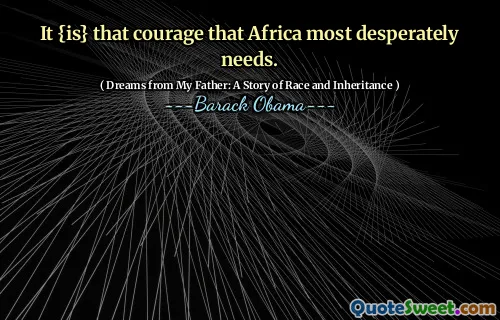
When did the word 'compromise' get compromised? When did the negative connotations of 'He was caught in a compromising position' or 'She compromised her ethics' replace the positive connotations of 'They reached a compromise'?
This quote prompts a reflection on how language evolves and how the meanings of words can shift dramatically over time, impacting our perceptions and interactions. Originally, the word 'compromise' carried neutral or even positive connotations, emphasizing mutual understanding, flexibility, and cooperation—qualities essential for healthy relationships, diplomacy, and problem-solving. However, a subtle yet significant transformation has occurred where 'compromise' increasingly takes on negative implications. This shift is often rooted in societal and cultural contexts where giving up certain principles or ethical standards is viewed with suspicion or disdain.
In legal or diplomatic terms, reaching a compromise implies negotiation and balance—an exercise in concession and consensus. Conversely, in personal or moral domains, compromise can be misinterpreted as yielding one's integrity or ethics, leading to perceptions of weakness, defeat, or moral failure. Media, social discourse, and language habits reinforce these connotations, shaping public perceptions over time.
The duality embedded within the word underscores how language reflects societal values and often perpetuates complex moral judgments. Recognizing this evolution invites us to consider the importance of context and nuance in communication. It also raises questions about whether the negative connotations are justified or if they unfairly stigmatize negotiation and flexibility—qualities that are often necessary for progress and harmony. Ultimately, the quote encourages us to reflect on the power of language not only to inform but also to influence attitudes and beliefs, revealing the importance of choosing our words carefully and thoughtfully.
This thoughtful observation in the quote exemplifies how subtle shifts in word usage can influence moral, social, and cultural landscapes, highlighting the importance of historical and contextual awareness in understanding language's impact.










